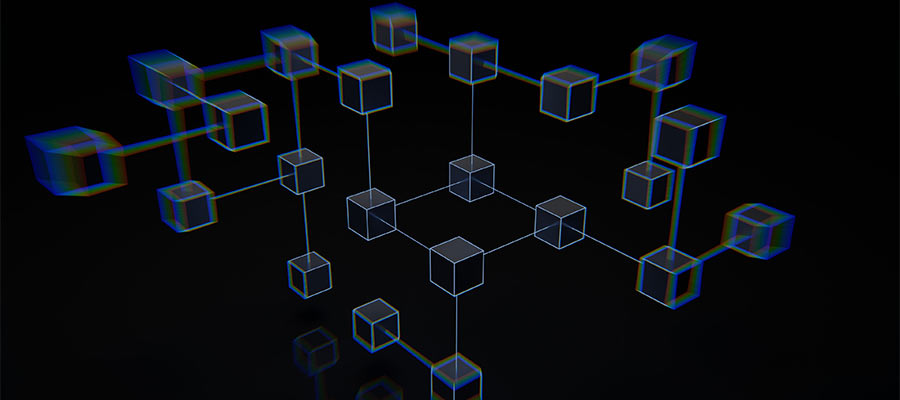The web design industry adores buzzwords. We use them to describe everything from design fads (hello, Claymorphism) to build technologies (nice to know you, headless). It makes sense, as there needs to be a common way to refer to these entities.
But sometimes these terms end up being incredibly abstract. And that can lead some unscrupulous people to leverage a buzzword for profit – even if there’s nothing much to sell just yet. In that way, it’s more about selling hype than substance.
I tend to think of Web 3.0 in this light. Not because there isn’t some technological sense behind the concept. But because of the relentless sales pitches and dubious claims. As is often the case, it’s people that make technology look bad.
If you’re into trading cryptocurrency or NFTs (non-fungible tokens), likely, you’ve already bought into Web 3.0. Some may even see it as the future of, well, everything.
But, all hype aside, what does all of this mean for freelance web designers? Is it even worth caring about? Let’s explore what Web 3.0 might entail for the rest of us.
Web 3.0 Hype Is a Skeptic’s Delight
I relish the role of a skeptic. You know, that person who rains on the parade. And the legions of Web 3.0 devotees offer a perfect opportunity to dampen the procession.
Not to offend, but I don’t see childish-looking NFTs as the savior of the online world. Not to mention the environmental and supply chain repercussions of crypto mining. These only add fuel to my fire.
And the sense I get is that a sizeable number of web professionals feel the same way. It may be the result of the incessant online promotions and clickbait. After all, there are only so many times you can read these tropes before you declare it a waste of time.
My point here is not to raise the ire of the true believers. It’s to provide background on why some of us aren’t convinced that Web 3.0 is a game-changer. A hype machine of this magnitude is bound to create some detractors, too.

Blockchain, Decentralization, and Websites
Let’s forget all of the noise for a moment. Because the technological concepts behind Web 3.0 may be where the everyday freelancer fits in.
The idea of a blockchain keeping track of transactions or a decentralized method for storing data isn’t so far-fetched. There appear to be some very practical uses for this type of functionality.
For one, they seem to be a logical fit for eCommerce. Imagine the possibility of a more secure payment gateway or customer information that isn’t the property of a giant corporation. Those features could have real benefits for clients and users alike.
Implementing these items could become routine for web designers. It may also be a subject that some developers decide to fully embrace. With that, the technology has a chance to cover new and interesting applications.
The impact could also be felt in web hosting, digital asset distribution (not just NFTs), secure communications, and uses that haven’t even been thought of yet.

How Should Web Designers Prepare?
Once you get past the fevered rhetoric, Web 3.0 (if you want to call it that) does have some legitimate potential. However, it doesn’t mean that you need to immediately begin trading coins or collecting digital art.
If anything, it’s a good time to explore the basics behind how these technologies work. You don’t need to build the next Bitcoin or understand every detail of the blockchain. Rather, it’s about grasping what they do, along with their benefits and drawbacks. This will help you prepare for the future.
While it’s likely that some features will find their way into the world of web design, they probably won’t revolutionize the industry overnight. And as with any hot new tool, some designers will find it more useful than others.
For that matter, adoption may come at the enterprise level before it trickles down to the average website. Thus, it’s hard to imagine all of us retooling our businesses to cater to this new stack.

Don’t Believe the Hype, but Don’t Fully Dismiss the Technology
Social media is overloaded with those who can’t wait to sell you on a cryptocurrency or NFT. If you’re not the financially adventurous type, the whole thing can be a major turn-off. Likewise, you’ll find plenty of skeptics claiming it’s all a big scam.
Challenging as it is, try and look past all of the noise. Under all of the get-rich-quick schemes and doubters lies some interesting ideas and technologies.
As to how relevant all of this will be to freelancers – time will tell. But it’s worth thinking about the possibilities.

